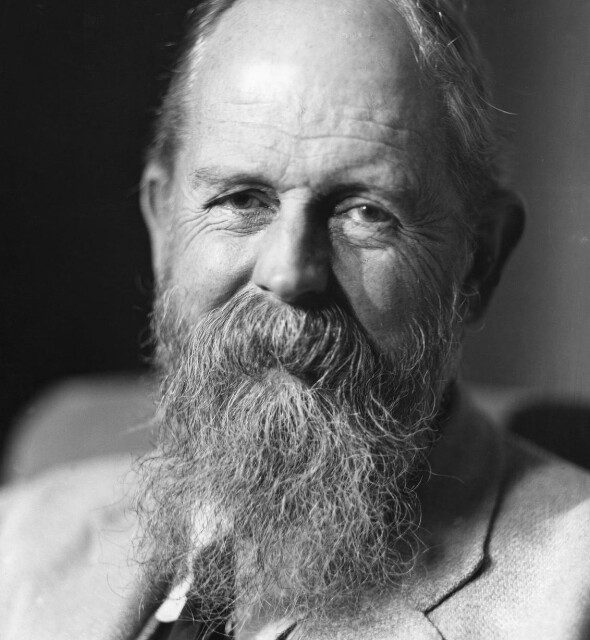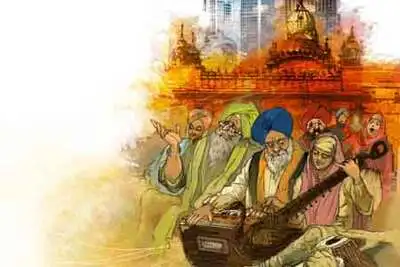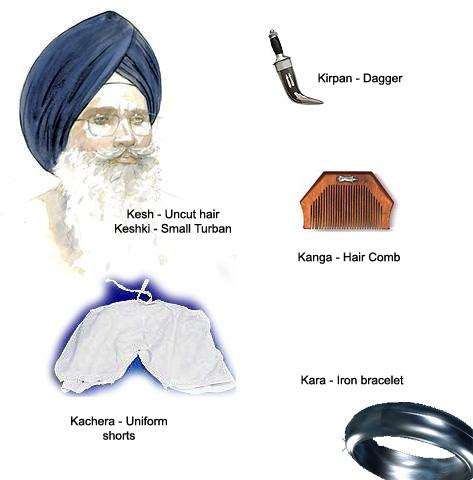DAYAL, BABA (1783-1855), founder of the Nirankari sect of the Sikhs, was born at Peshawar on Baisakh sudi 15, 1840 Bk / 17 May 1783. He was the only son of Ram Sahai, a banker, and his wife Ladikki, daughter of Bhai Vasakha Singh of Rohtas. He lost his father while he was still an infant. He learnt Gurmukhi from his mother and Persian and Pushto at a maktab (elementary school kept by a Muslim maulawi). His mother, a devout Sikh, nurtured him in the best traditions of the faith and took him out daily to make obeisance at the local Gurdwara Bhai Joga Singh. After the death of his mother in 1802, Dayal migrated to Rawalpindi where he opened a grocer`s shop and also started preaching a message of simple living, commonly addressing congregations at Gurdwara Peshaurian and Gurdwara Bhai Ram Singh.
Dard, Hira Singh, an eminent story writer, wrote with a reformatory attitude. He indirectly preached certain reforms keeping in view the realistic side of life. His story \'Rakhri\'1 is of this nature. The character, of the quarrelsome, rude and unlettered Rukmani—the heroine—making her home a hell and over hen-pecked nature of Daroga Prem Nath—the hero—are god realistic i portrayals but at the same time there is a implied suggestion of needed reform in both of them. His famous story \'Pir Gahlur Shah\' is a fine satire on the religious but blind faith of those people who, being uneducated, repose full faith in the hypocritical preachers.

ANDREWS, CHARLES FREER (1871-1940). Anglican missionary, scholar and educationist, was born to John Edwin Andrews on 12 February 1871 in NewcastleonTyne in Great Britain. His father was a minister of the Evangelical Anglican Church. Andrews grew up in an intense and emotional religious environment. A nearly fatal attack of rheumatic fever in childhood drew him to his mother with an intense affection and her love created in his mind the first conscious thoughts of God and Christ, and by the time he entered Cambridge, at the age of 19, he had already had "a wonderful conversion of my heart to God." In 1893, Andrews graduated first class in Classics and Theology from Pembroke College, Cambridge.







